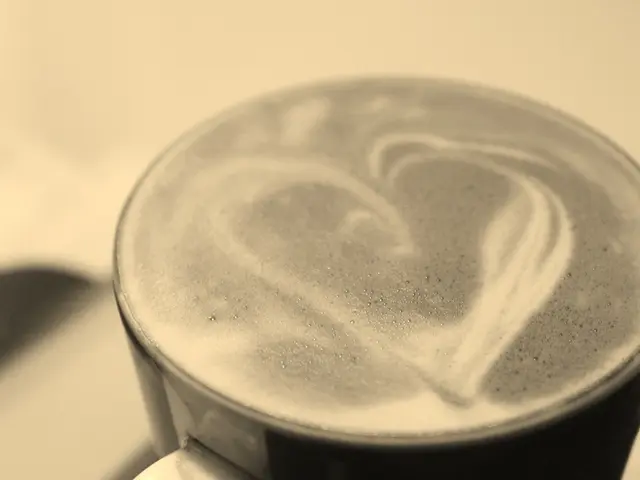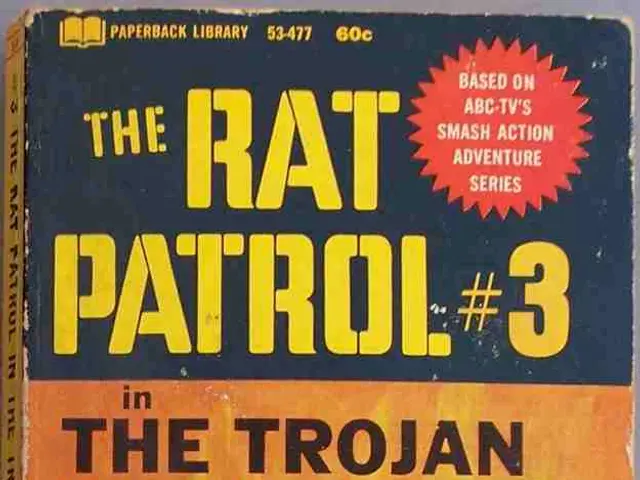New Words Added to Cambridge Dictionary in 2025 Include Skibidi, Tradwife, and Delulu
In the ever-evolving world of language, the term "Skibidi" has made a significant mark, finding its place in the Cambridge Dictionary[1][5]. Originating as a playful internet meme, popularised on platforms like TikTok, "Skibidi" has transcended digital boundaries and entered the mainstream[2][3].
Origins and Meaning
The term "Skibidi" began as a nonsensical word with no inherent meaning but was embraced by digital communities[2][3]. Its popularity is part of a broader trend where internet culture transforms playful elements into recognised language, often rapidly and on a global scale[3]. The term's rise is a testament to the power of memes in shaping not just casual conversation but also the formal lexicon of the English language.
Impact on English Language
Internet slang like "Skibidi" influences English by accelerating the pace of language change and democratising language creation[3]. Unlike traditional slang, which may arise locally, meme-based slang spreads instantly worldwide, making language evolution more dynamic and participatory[3]. The inclusion of such slang in dictionaries, such as the Cambridge Dictionary, signifies a shift from seeing English as a fixed, "pure" language towards recognising it as an evolving global means of communication, shaped by digital culture alongside historical influences like colonisation and other cultural movements[5].
The latest inclusions of words in the Cambridge Dictionary, including "skibidi", "delulu", "tradwife", "lewk", "broligarch", "red flag", "green flag", and "mouse jiggler", reflect this ongoing adaptation[1][5]. The addition of these words raises questions about how the English language is continually adapting as digital cultures become more embedded in our lives.
Skibidi Toilet: A Gen Alpha Internet Phenomenon
The word "Skibidi" first entered the vocabulary in 2023, primarily due to the 'Skibidi Toilet' YouTube series[4]. This internet phenomenon, considered a Gen Alpha trend, has since been discussed in various articles and is currently being adapted into a movie by director Michael Bay[4].
In summary, "Skibidi" exemplifies how internet memes generate new slang that becomes widely adopted and eventually accepted into formal English, illustrating the significant and ongoing impact of internet culture on the evolution of the language itself[1][2][3][5].
References: 1. Cambridge Dictionary 2. TikTok 3. The Guardian 4. Variety 5. The New York Times
Read also:
- Today's most impactful photographic moments
- Support for Eric Adams in The Post's Letters to the Editor on August 13, 2025
- Roosting Shark and Rambunctious Red Squirrels: Unconventional House Rental in Yorkshire Involving Aquatic Marvel, Squirrely Mayhem, and Mystical Planning Regulations
- Legal Dispute Dismissed with Humor: Supreme Court Laughs off Another Civil Matter Mislabeled as Criminal Prosecution








